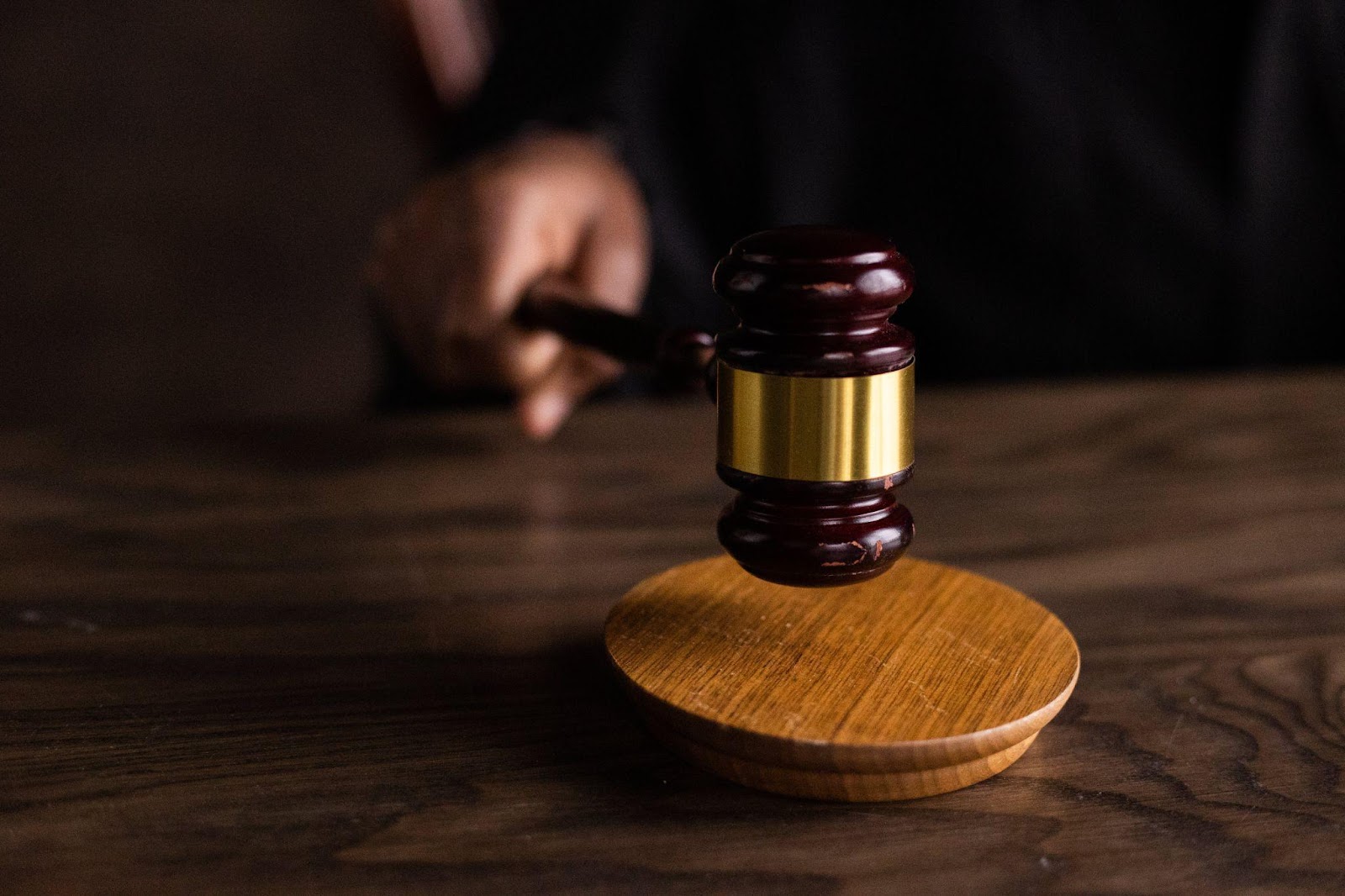If you find yourself facing the legal system for whatever reason, the best policy is to consult with a barrister, especially if you have lots of questions and concerns. To get the most out of your consultation, it’s vital to come prepared. The cost of hiring a barrister can vary widely depending on the type of case and the professional’s qualifications and experience but don’t fret because it’s possible to find fixed-fee or capped-fee arrangements, which can make legal services more affordable. English litigators are able to offer various funding arrangements to meet their clients’ needs, sharing the cost risks of litigation with their clients.
Prior to April 2013, damages-based agreements weren’t permitted for contentious work in England and Wales, considered to breach the rules against champerty and maintenance. Following a lengthy consultation process, new rules were introduced, therefore allowing barristers to act for their clients in exchange for a share of the damages. The litigator’s agreed fee is contingent upon the success of the case and is determined as a percentage of the compensation received by the client. For a personal injury claim, for instance, the maximum is 25%. The percentage the legal professional takes could be less.
A Contingency Fee Is a Type of No Win, No Fee Arrangement
A barrister may charge by the hour or offer a fixed fee for a particular piece of work. Equally, how much you pay may depend on whether they win the case or not. This form of billing allows the litigator to be paid a percentage of the damages awarded at the end of the case, meaning the barrister takes on the case without charging their typical hourly fees. Contingency fee arrangements are referred to as no win, no fee arrangements and are commonplace in personal injury cases. There are lots of resources to support your claim, so have an idea of how long each stage might take.
In a no win, no fee agreement, the barrister agrees to work for a reduced or no fee if the case fails and for a higher fee if the case is successful. The terms of the conditional fee agreement outline how the sum is calculated, so you should always read what you’re consenting to. No win, no fee means you don’t have to pay your opponent’s or legal fees, just to be clear. Nobody can guarantee you’re going to win. Even if the barrister doesn’t receive the fees until the end of the case, you may still be responsible for a few upfront costs related to the work on your case. E.g., court filing fees, expert witness fees, and so on.
When Are Contingency Fee Agreements Not Allowed?
Damages-based agreements can turn out to be helpful in some situations, especially when someone needs financial assistance. If a litigation scenario is to be pursued, there are budgetary considerations to be made. Maybe you have valuable rights, but you don’t have adequate resources to pursue the claim, meaning the budget to take on a larger opponent is beyond your reach. In some circumstances, contingency fee arrangements are prohibited by the law. For example, they can’t be used in collective actions to safeguard against the risk of frivolous or undeserving cases. It’s only permitted by the court if it’s appropriate or necessary to ensure justice is done.
The Obvious Benefits of Contingency Fee Arrangements
A contingency fee arrangement must be in writing and signed by the client. The barrister must clearly inform the client about the expenses for which they’re liable so they can make an informed choice. Damages-based agreements improve access to justice for clients who otherwise couldn’t afford legal counsel and offer an incentive for litigators to seek success. One benefit to using a contingency fee arrangement is you don’t need to pay the barrister before they begin to work on your case. If no money is recovered, you don’t have to pay a contingency fee for the litigator’s services.
You have guarantee the barrister will try as hard as they can to obtain a favourable outcome, as they’re entitled to the damages you recover. In a personal injury case, the litigator may reach a resolution before going in front of a jury, working towards fair compensation, but how they negotiate the settlement is of the essence. Although it’s unlikely the case will go to trial, the barrister begins by assuming otherwise, carefully drafting documents so they withstand the scrutiny of the court. Attention must be paid to the fact that there are factors affecting the way cases are resolved, which only adds to the complexity of managing litigation.
Is It Possible to Keep 100% Of Your Compensation?
So, you want to keep 100% of the compensation you’re entitled to. The only way to keep every pound of your compensation is to be a member of a UK trade and to take advantage of its dedicated legal services in matters arising out of (or in connection to) employment, professional duties, and trade union activities. If you need advice, reach out to your branch as soon as possible because claims must be lodged within a certain timeframe. If you’re not a member of the trade union, a conditional fee arrangement is the best way to fund your claim.
The Takeaway
Until recently, contingency fee arrangements were prohibited in the idea that barristers shouldn’t have a financial interest in their clients’ cases that might affect their conduct. Damages-based agreements have been allowed in Great Britain beginning in 2013 for contentious work. Once you agree to the contingency fee, you owe the agreed-upon percentage regardless of how long the case takes, whether one week or a year. No win, no fee agreements are increasingly used in personal injury cases. A deduction is made from the damages award to cover the costs of running the claim.
If you’ve been injured due to someone else’s negligent actions, there’s no need to experience financial hardship on top of this. Making a no win, no fee claim is the best way to ensure access to justice. When your rights are violated, you have the right to an effective remedy before a court.











